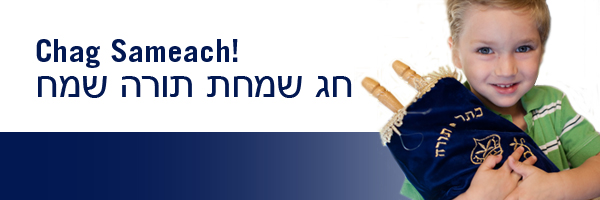
This message has 602 words, and will take about 1-2 minutes to read.
Reflecting on Gilad Shalit’s Release
Last week, the Jewish world was electrified by the news that a deal had finally been struck between Israel and Hamas that would lead to the release of Gilad Shalit, an Israeli soldier who had been held captive for over five years. Yesterday we witnessed his release, along with that of the first instalment of the 1,027 Palestinian prisoners that Israel has agreed to release.
All of Israel and much of the Jewish world was swept up in the story during this past week, and Gilad’s homecoming was an emotional moment for an entire nation. Gilad’s story was the nightmare scenario every Israeli parent fears when they send their child off to defend their country. There is still division over the price Israel paid for his release. However, the vast majority of Israelis approved of the deal, even if it could lead to further terror attacks against Israelis.
The mixed feelings over the deal stem from the nature of some of the Palestinian prisoners released, and this can best be illustrated by specific examples. In July 1989, Dr. Shelley Wolochow was 33 years old when the bus that she and her sister, Eve Camerman, were on was commandeered by Abdel Hadi Ghanem and plunged over a cliff. Eve was thrown from the bus but survived. Her sister, Shelley, did not, and was one of 16 who were killed in the attack, along with an additional 24 wounded. Ghanem received 16 life sentences, one for each of the people killed in his attacks. The Wolochow family, who have long been active members of our community, understandably have mixed feelings over Ghanem’s release. They share in the Shalit family’s joy, but seeing Ghanem released tears open an old wound that can never really heal.
In August 2001, at the height of the First Intifada, my wife took advantage of a two-week gap between jobs to go on a personal solidarity mission to Israel, together with our oldest daughter, her brother, and our niece. They were in Jerusalem on August 9th when Ahlan Tamimi guided a suicide bomber into the Sbarro pizza shop, killing 15 people, including seven children, and wounding another 130. The two hours from when I heard the news until I reached my wife in Jerusalem were among the longest in my life. They were, thankfully, nowhere near the bombing, although they had eaten at Sbarro the day before. I wouldn’t presume to compare my few hours of anxiety with the tragic pain felt by the families of terror victims who just watched the perpetrators go free. For me, Tamimi’s release is a painful reminder of how few degrees of separation there are between our lives and events that are shaping and shaking our world.
Tonight we begin the final day of Sukkot, and make the transition into celebrating Simchat Torah, during which we begin anew the annual cycle of Torah readings. This coming Shabbat’s reading is another time when our ancient text speaks to events in our time. Israeli Prime Minister Binyamin Netanyahu, speaking to his nation shortly after greeting Gilad Shalit, closed his remarks by noting that “this coming Sabbath, we will read in synagogues, as the weekly portion from the prophets, the words of the prophet Isaiah (42:7): 'To bring out the prisoners from the dungeon, and them that sit in darkness out of the prison-house.'” Notwithstanding the heavy price paid for Gilad Shalit’s release, this week the State of Israel demonstrated its commitment to valuing the sanctity of life, and to fulfilling the biblical imperative of pidyon shevuim – redemption of the captives.
Chag sameach!
|

